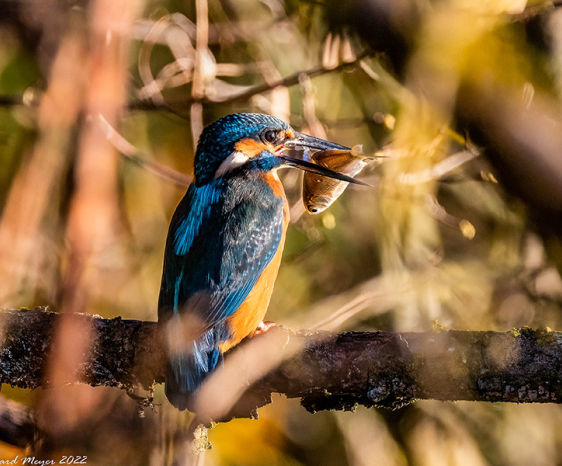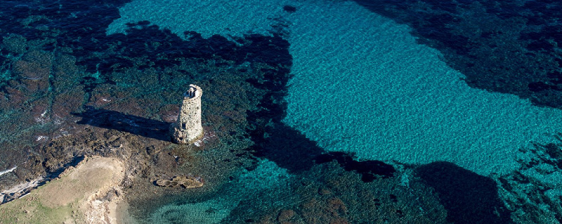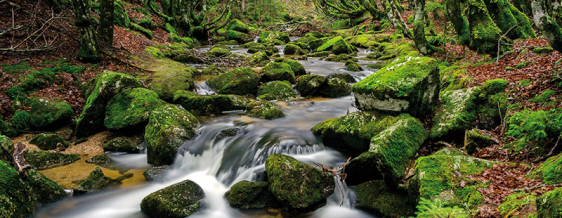LIFE Natur’Adapt with Natural Reserves of France
Critical Issues
Many recent scientific studies have established a link between climate change and extreme weather conditions, sometimes with irreversible consequences in natural areas. In France, an exceptional heat wave in 2022 caused severe forest fires in Gironde in the South. More than 20,000 hectares of forest have been destroyed. The reserves are home to numerous species, including relics of the ice age. These, for example, as they are unable to migrate due to their summit positions, are vulnerable to climate change. We can expect that the floristic and faunal processions of the Reserves will evolve as a function of climate changes. This will also have an impact on the remaining biodiversity.
Area of Intervention
In 2017 RNF (Réserves naturelle de France, network of French nature reserve managers) and FCEN (Federation of conservationists of natural areas) started a project to network sentinel sites aimed at studying the impact of climate change on biodiversity through common observation protocols. The goal of this large-scale study is to propose solutions to halt the erosion of biodiversity.
Intervention
The five-year project (2018-2023) LIFE Natur'Adapt, in which we collaborated together with Réserves Naturelles de France and 10 other partners, first studied the impacts of climate change on French Nature Reserves and then experimented on how to adapt their management through concrete actions . For 18 months, in the period 2019-2020, 6 French pilot areas, including the "Tourbières du Morvan RNR", experimented some methodologies to manage the impacts of climate change. As of 2021, 15 additional pilot sites have tested these techniques, progressively improving them.
In 2023 the entire path led to the creation of suitable tools to be implemented by all managers of European natural areas, such as the creation of a standard methodological guide and a training platform.
The project allowed us to take into account the impact of climate change on nature reserves, and its effects on biodiversity, redirecting land management for habitat conservation. The entire activity plan worked to:
- be able to provide usable data from nature reserves, on a national or European scale, for studying the impacts of climate change on biodiversity;
- adapt the management and monitoring of the pilot natural reserves involved in the project, following a vulnerability diagnostic and the preparation of a targeted adaptation plan;activate all the levers for the concrete implementation of the identified adaptation path;
- prepare a methodological guide following the multi-year study, usable by any nature reserve in Europe to start an adaptation plan;
- propose a scientific method and operational tools at an international level to help all managers adapt protected areas, and also with professional training;
- develop, raise awareness, train and animate a community on the topic, around a collaborative web platform.
Fondazione Capellino was the main Partner, after the European Union and Public Bodies, with a budget of €187,630.08.
Discover More
naturadapt.com/groups/communaute/articles/un-nouveau-partenariat-avec-la-fondation-capellino
naturadapt.com/



Our Partner
The Réserves Naturelles de France - RNF association:
- Created in 1982, non-profit.
- Inserted in 2016 in the Environmental Code: Réserves naturelle de France represents the networking and technical coordination of nature reserves in mainland France and abroad. It ensures their representation at national level before public authorities.
- It leads a network of 353 nature reserves covering more than 72 million hectares on French territory.
RNF's mission:
- Protect the natural heritage (biological and geological)
- Manage natural sites
- Educate and raise public awareness.

Project Data
 |
DURATION 5 years (2018-2023), collaboration starting form 01.01.2022 |
 |
OUR INVESTMENT €4.2 Million:
|

